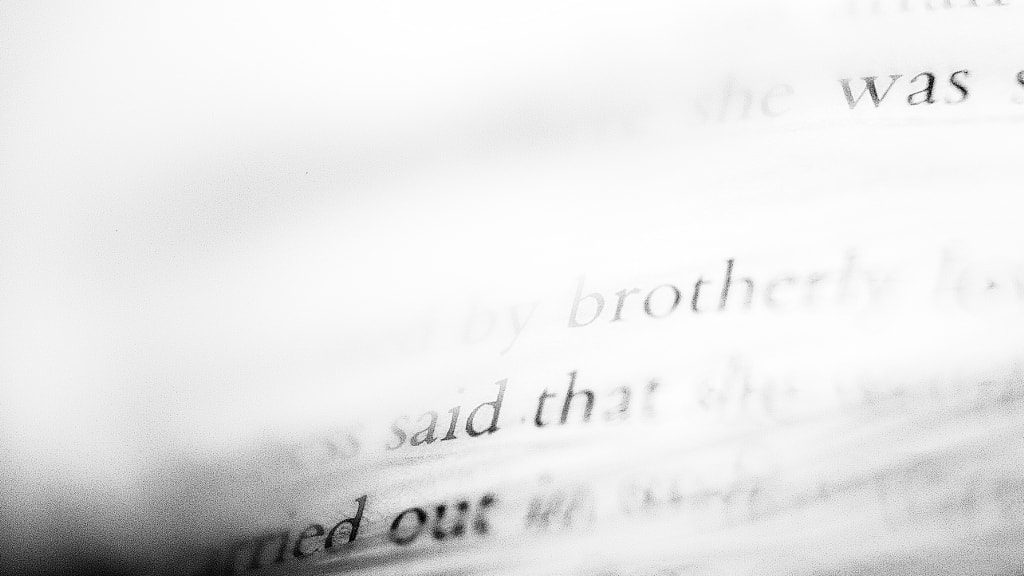Last Sunday the pastor at the United Methodist church I attend (Pastor Chad) was out of town for the UMC annual conference. He asked me to fill in for him. I did - but I forgot to post a copy of the sermon here on the old blog.
As the co-director of the Newton Community Theatre’s
production of Arthur Miller’s play – The Crucible – I have spent the last
several weeks, the last couple of months thinking about the Puritans and the
Salem witch trials of 1692.
I have also
been thinking about the events that inspired Miller to write the play – the red
scare, the communist menace, the House Un-American Activities Committee and the
outrageous accusations of Senator Joseph McCarthy.
I’ve been thinking about truth and lies – but
since we closed last weekend, you’ve missed your chance to see our production
of the play, and I’m glad to be done – mostly done thinking about these things.
But before I move on altogether…
“What is truth?” Pontius Pilate asked Jesus, and the Roman prefect’s question has
been alternately described through the centuries as either the sincere question
of an earnest seeker of wisdom or (more frequently) as the smug, cynical
question of a weary skeptic who has grown tired of competing truth claims.
But the question remains: What is truth?
What is truth and how can we know it? In an age of fact checkers and
snopes.com, what is truth?
In a time when
our president has made over 10,000 false or misleading statements in his time
in office – so far
[i]–
what is truth and how can we know it? Facts are ignored. Lies are spread.
And the witticism that has been attributed to
at least a dozen different individuals seems true – “A lie will go around the
world before the truth has a chance to put its pants on.”
Before leaving his disciples, Jesus said to them, “If you love me, you will
keep my commandments. I will ask the father, and he will send another companion
who will be with your forever. This companion is the Spirit of Truth, whom the
world can’t receive because it neither sees him nor recognizes him. You know
him because he lives with you and will be with you.” John 14:15 – 17
So we, as followers of Jesus, have this Spirit of Truth to live in us and to be
with us forever and yet Christians often seem as blind to the truth as the rest
of the world who neither sees nor recognizes that spirit.
In the history of the Church we have
multiplied examples of Christians both telling and believing lies and
falsehoods of all kinds. Even with the Spirit that will guide us in all truth
(John 16:13), the Spirit who
is truth
(1 John 5:6), we seem as susceptible and prone to untruth as anyone else.
Jesus said, “I am the way, the
truth, and
the life. No one comes to the Father except through me.” So how can we
recognize and agree upon the truth as Christians, as Methodists, as members of
St. Luke UMC?
Lately I’ve been wondering if the commandment “Thou shalt not bear false witness
against your neighbor,” (Exodus 20: 16) might mean something more than simply, “don’t
tell lies.” I recognize of course that the 9
th commandment is
specifically about false testimony in a legal setting (Freedman 139) but what
if we thought of
bearing false witness
as that carrying around of lies and falsehoods? What it we thought of it as
including those untruths that we are unwilling to release?
It can be difficult to let go of those untruths – particularly when they either
flatter or embellish our opinion of ourselves or when it mocks and distorts our
enemies. Our pride and our vanity can blind us to the untrue things we believe
about ourselves. We are blind to the thousand justifications and excuses that
we make for our own shortcomings. And we nurse and rehearse the slanders and
mischaracterizations of our enemies. The things we like to believe about them
may have begun as slight exaggerations or rhetorical hyperbole for effect, but
we go over them again and again, like picking at a sore that just won’t heal,
until it becomes infected and inflamed; they become the lies and false witnesses
that we bear with us everywhere we go.
What if “thou shalt not bear false witness against your neighbor,” means that
we should release these falsehoods? This would require a rigorous
self-examination that we often find too difficult and unpleasant. But can the
Spirit of Truth be said to inhabit us now and forever if we are clinging to and
embracing those lies and calumnies? Can the spirit of truth guide us into all
truth if we are bearing these false testimonies against our neighbors in our
hearts?
Today, on this Pentecost Sunday –we celebrate the unity of the early church,
gathered together in one accord (Acts 2:1) in the mighty wind and burning fire
of the Holy Spirit. And if we want that same unity of the Spirit- the spirit of
truth- we must give up our treasured falsehoods.
Before Jesus left his disciples he gave them a promise that another Comforter
would come for them – but he prefaced that promise with a condition and a
command. “If you love me you will keep my commandments. I will ask the Father
and he will send you another companion.” But what commandment?
A few sentences before this he said to them, “I
give you a new commandment: love each other. Just as I have loved you, so you
also must love each other.” (John 13: 34-35)
Love leads to truth, or it at least opens us up to be able to receive it. If we
will love each other – and even love our enemies – we will not want to believe
all the horrible, untrue things we’ve been told, and that we tell ourselves. Love
is patient, love is kind. It does not envy, it does not boast, it is not proud.
It does not dishonor others, it is not self-seeking, it is not easily angered,
it keeps no record of wrongs. Love does not delight in evil but rejoices with
the truth. It always protects, always trusts, always hopes, always perseveres. (1
Corinthians 13: 4-7)
“Teach us to utter living words of truth which all may hear
the language all may understand when love speaks loud and clear
till every age and race and clime shall blend their creeds in one
and earth shall form one family by whom thy will is done.”
O Spirit of the Living God, Thou Light and Fire Divine- by Henry Hallam Tweed












